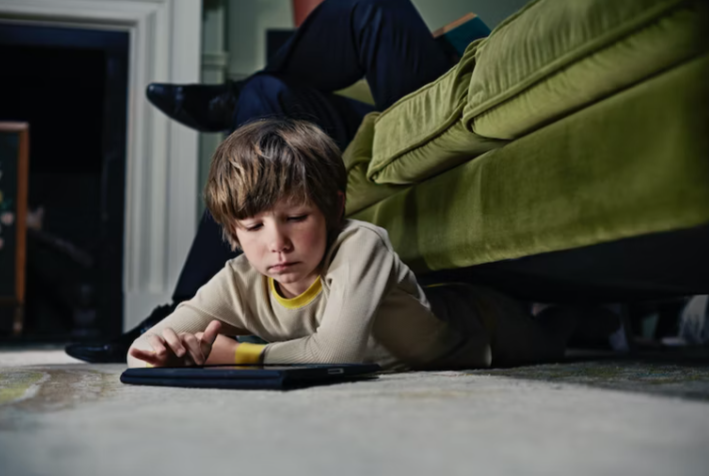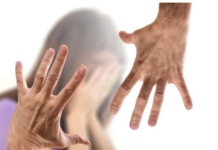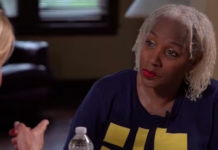On Fatherly, Lauren Vinopal interviews psychologist Peter Gray on his recent research into the decline in independent playtime and its impact on children’s mental health. (You can also read Liam Gehrig Bach’s MIA piece on the study.)
Vinopal writes:
“After the movie ‘Fly Away Home’’ was released in 1996, my friend Liz and I became obsessed with the idea of raising baby chicks. Since geese were too scary, we would stalk ducks for hours instead, waiting for them to lay eggs — only to be faced with the moral dilemma of whether we should kidnap their potentially adorable offspring. Without our parents micromanaging our sense of right and wrong, our consciences would eventually win out. We would leave the nests alone, and return home before dinner after a long day of fresh air.
According to play researcher Peter Gray, this was just a few years before independent play essentially disappeared from children’s lives. ‘The only times and places when children have been less free than they are today in our culture have been during times of child slavery and round-the-clock, 7-day-a-week child labor of the Industrial Age,’ Gray says.
After tracking the death of independent play for decades, in a new paper published in the Journal of Pediatrics, Gray and his colleagues claim that it has led to the significant increase in mental health problems among children and adolescents, since they began being stripped of their independence and free time in the 1980s. Due to an overemphasis on concerns of child safety and academic achievement, Gray and his team found that between the 1980s and 2000, the amount of time children between the ages of 6 and 8 spend in school or doing homework increased by 11.5 hours. ‘That’s like adding a day and a half to an adult’s work week.’ . . .
To better understand what children have lost and how parents can help them get it back, Fatherly sat down with Gray to find out more about how play has slipped away from all of us.”
***
More from Around the Web
More from Mad in the Family















